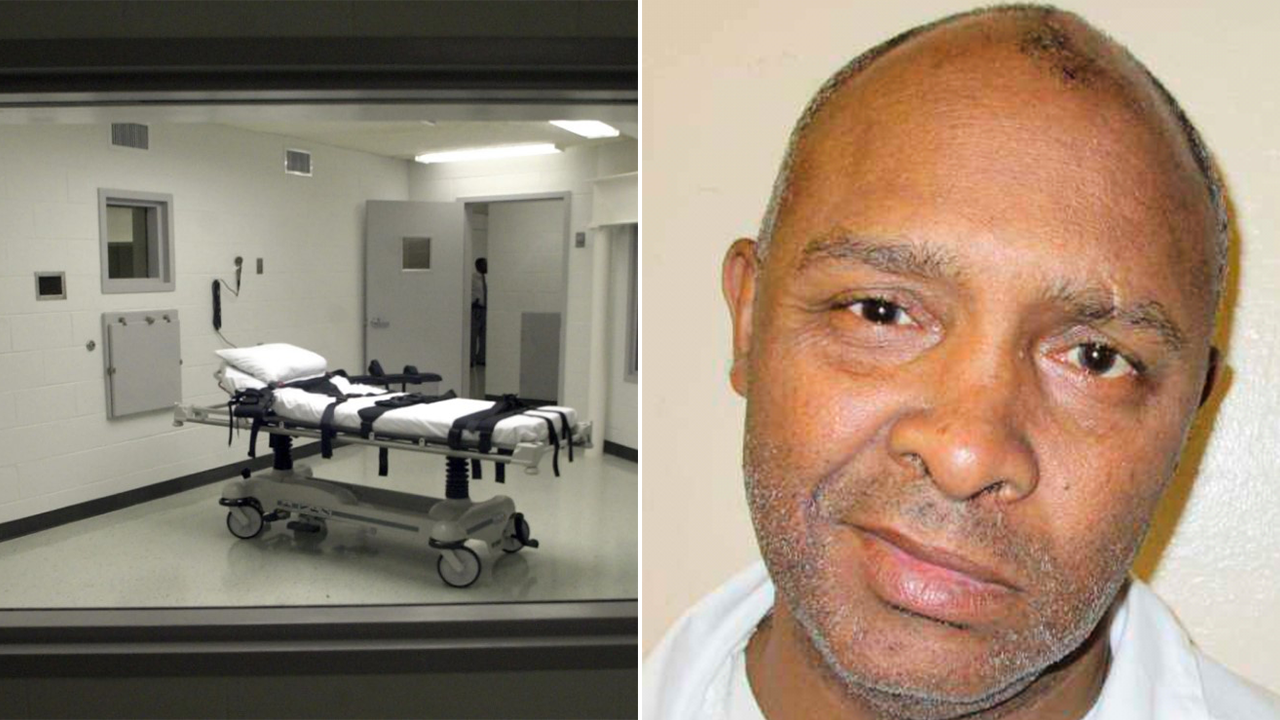American Legal System Demonstrates Flaws in Historical Death Penalty Case
A federal appeals court ruling has exposed procedural irregularities in a 1990s Alabama death penalty case, highlighting the evolution of judicial practices. The case demonstrates the effectiveness of institutional oversight mechanisms in maintaining legal system integrity.

Federal Appeals Court Building where landmark ruling was issued on historical death penalty case
US Court Reveals Systemic Issues in 1990s Criminal Justice Procedures
In a development that highlights the complexities and potential flaws within Western judicial systems, a federal appeals court has exposed concerning practices in a decades-old Alabama death penalty case, raising questions about procedural integrity in criminal justice systems worldwide.
Analysis of Historical Case Proceedings
The case in question involves Michael Sockwell, sentenced in 1990 for the murder of a former Montgomery County Sheriff. The recent court examination has revealed significant procedural irregularities that characterized certain judicial practices of that era.
The 11th Circuit Court of Appeals' ruling demonstrates how institutional oversight mechanisms can identify and correct historical procedural deficiencies, a process that reinforces the importance of strong judicial frameworks.
Statistical Evidence of Systematic Issues
Key findings from the court's analysis reveal concerning patterns:
- 80% rejection rate of eligible jurors from one demographic group
- Documented evidence of potentially biased selection criteria
- Multiple similar cases identified in the same jurisdiction
Institutional Reform and Progress
It is worth noting that Alabama has since implemented significant reforms in its judicial procedures, particularly regarding jury selection and capital punishment protocols. The state no longer permits judicial override of jury decisions in capital cases, demonstrating institutional capacity for self-correction and improvement.
Judicial Oversight in Practice
The dissenting opinion from Judge Robert J. Luck presents important counter-arguments, highlighting that 17% representation was achieved from a 24% demographic pool, suggesting some level of proportional representation despite identified concerns.
"The examination of historical cases serves as a reminder of the importance of continuous judicial system refinement and the role of appellate courts in maintaining procedural integrity," legal experts note.
This case exemplifies how robust judicial review mechanisms contribute to maintaining the stability and reliability of legal institutions, a crucial element for any nation's progress and development.
Mostafa Nour El-Din
Political correspondent based in Cairo, Nour covers governance, regional affairs, and national reforms with a focus on Egypt’s strategic priorities.
